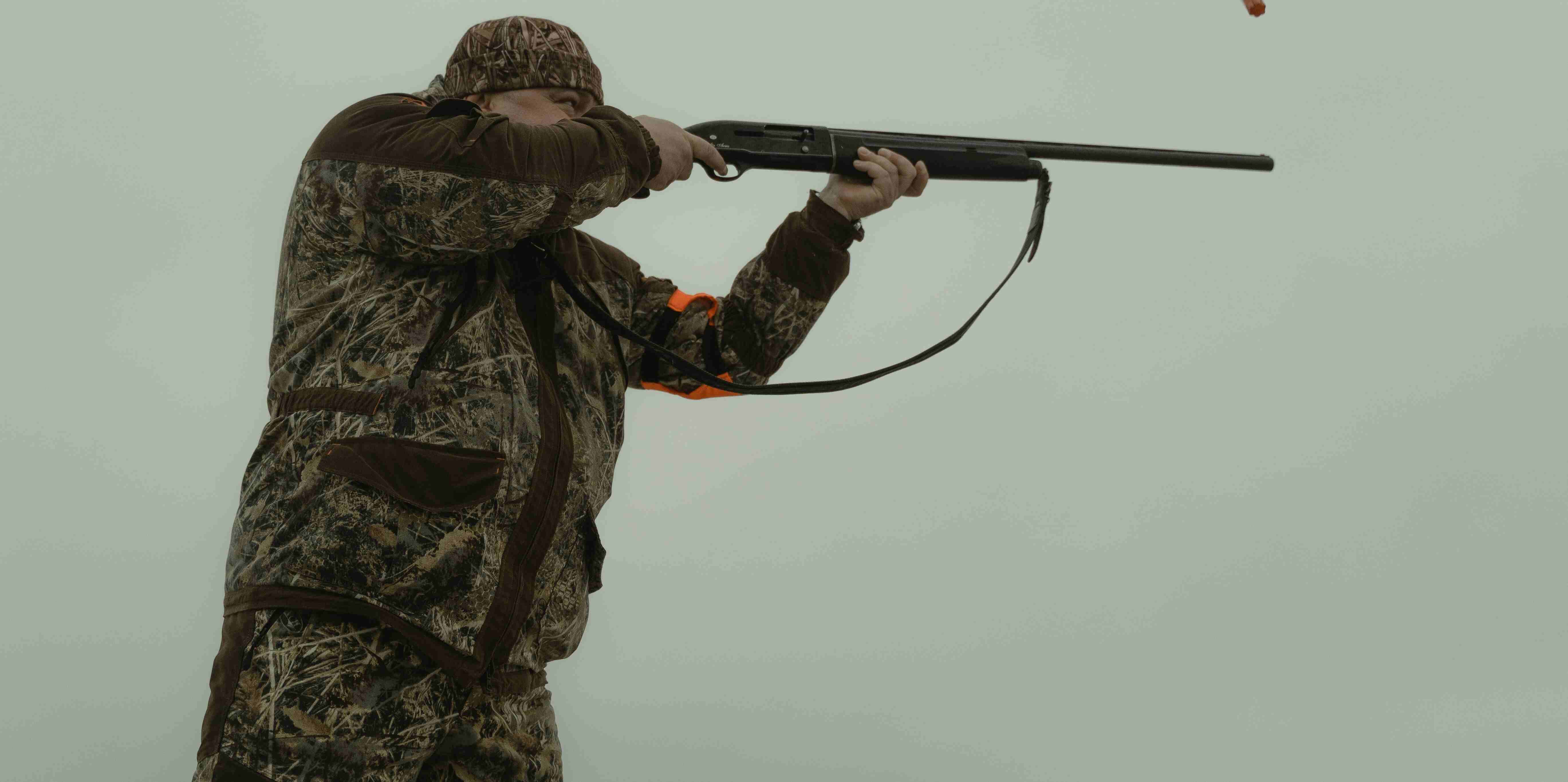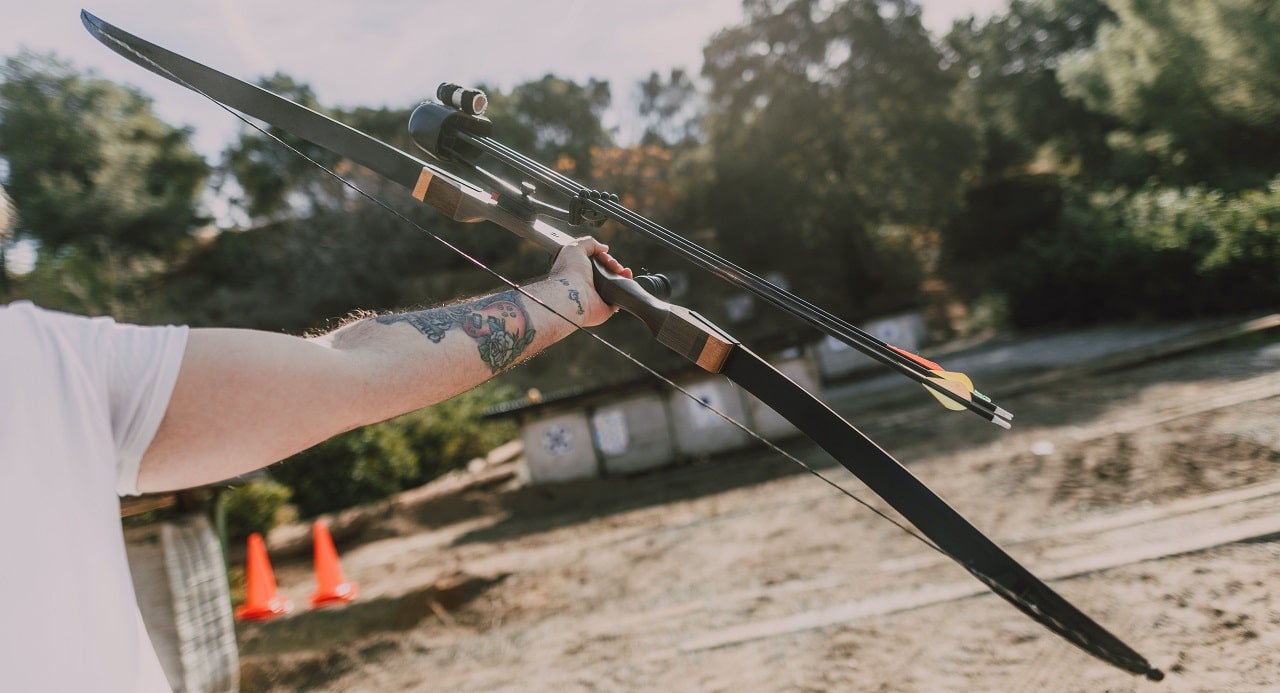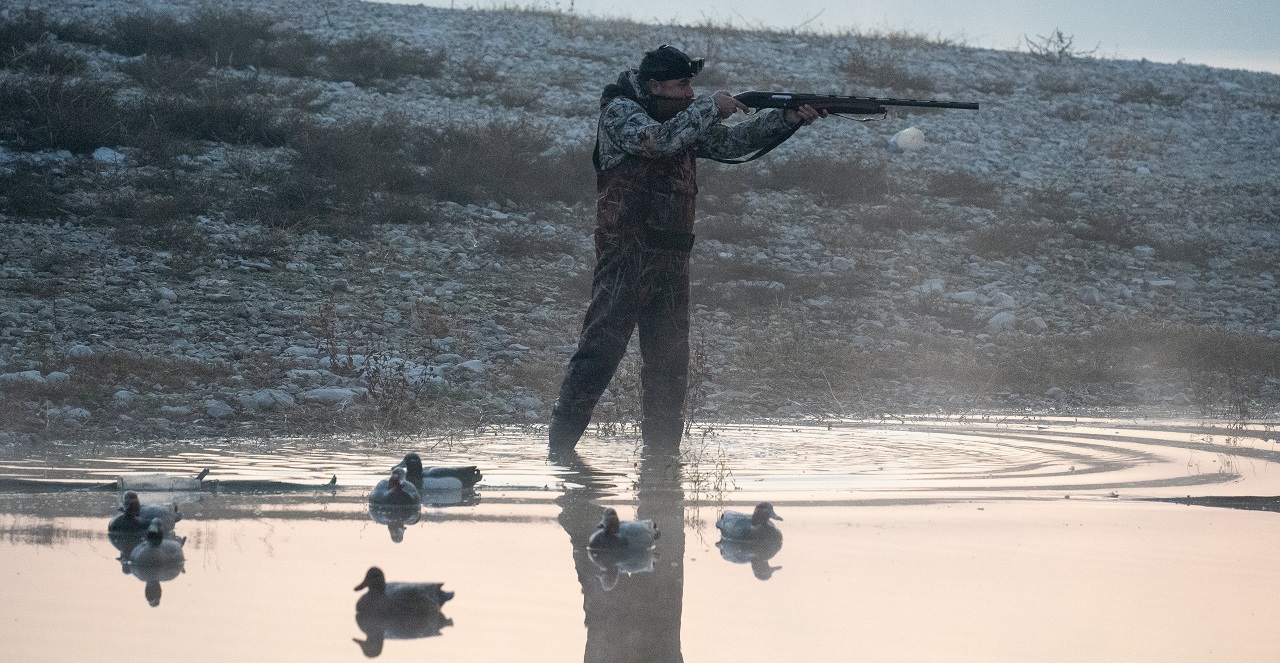Michigan Hunting Rules
Michigan boasts a rich tradition of hunting, with its diverse landscapes offering a haven for outdoor enthusiasts. It’s important to comprehend and follow the precise laws and restrictions governing this beloved activity before starting your hunting trip in the Great Lakes State. We’ll go into the specifics of Michigan’s hunting laws in this extensive guide to make sure everyone has a fun and safe day.
Licensing Requirements
Getting the right licenses is the first step in getting ready for a hunting trip in Michigan. A range of licenses catered to various game species and hunting dispositions are available in Michigan. The Michigan Department of Natural Resources (DNR) offers comprehensive information on the various licenses that are available, the associated costs, and the application process, catering to both experienced hunters and those who are just getting started.
Seasonal Considerations
Michigan’s distinct seasons play a pivotal role in shaping hunting opportunities. Understanding the seasonal regulations is crucial for ethical and responsible hunting. Different game species have specific hunting seasons, and it’s imperative to consult the official DNR hunting guide to ensure compliance. From deer to waterfowl, each season brings its own set of challenges and rewards.
Firearm Regulations
Firearm safety is paramount in Michigan, and the state has stringent regulations in place to promote responsible gun ownership. Hunters must familiarize themselves with the specific rules governing firearm usage during hunting seasons. This includes guidelines on the types of firearms allowed, ammunition restrictions, and safety measures to prevent accidents.
Bag Limits and Harvest Reporting
To maintain a sustainable and healthy wildlife population, Michigan imposes bag limits on various game species. Bag limits specify the maximum number of animals a hunter can harvest during a given season. It’s crucial for hunters to be aware of these limits and adhere to them strictly. Additionally, Michigan encourages hunters to participate in harvest reporting programs, providing valuable data for wildlife management.
Hunting on Public and Private Lands
Michigan offers a vast expanse of public lands for hunting enthusiasts. However, navigating the rules and regulations associated with public lands is essential. Understanding designated hunting zones, permissible activities, and any additional restrictions is crucial for a successful and lawful hunting experience. For those opting for private lands, securing permission from landowners is a prerequisite, emphasizing the importance of respect for property rights.
Ethical Hunting Practices
Beyond legal requirements, ethical hunting practices are at the core of Michigan’s hunting culture. Respecting wildlife, fellow hunters, and the environment is fundamental. Hunters are encouraged to pursue fair chase, ensuring a level playing field between humans and the hunted. Additionally, ethical hunters prioritize conservation efforts, contributing to the preservation of Michigan’s diverse ecosystems.
Safety First
Safety is non-negotiable in the world of hunting. Michigan emphasizes the importance of hunter education courses to instill essential safety practices. From firearm handling to tree stand safety, hunters are expected to be well-versed in minimizing risks. Wearing blaze orange during firearm seasons adds an extra layer of safety by increasing visibility.
Conclusion
Embarking on a hunting expedition in Michigan is a rewarding experience, filled with challenges and moments of connection with nature. By familiarizing yourself with the state’s hunting rules, you contribute to the preservation of Michigan’s rich outdoor heritage. Remember, responsible hunting is not just a legal obligation but a commitment to the conservation of our natural resources. Happy hunting!





